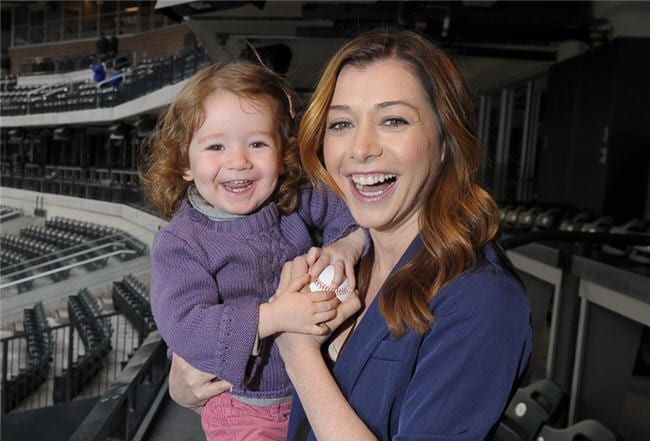Search Results for: eagerness
Caring For Sick Relatives Without Losing Your Job (or Your Mind)
If you haven’t had to care for an elderly or ill loved one, you either know someone who has or you will soon do it, too. Seniors now, for the first time, comprise the largest age group in the country and will be the first to rely on a less affluent younger generation to care…
Three Guidelines To Help Kids Manage Transitions
Now is a tricky time for kids -- and parents. Spring and school are ending, usually with a frenzied bang of class parties, proms and exams. Summer beckons. Even if you have had your kids’ summer schedules set since January, emotional work remains to be done as our children transition from school into summer. Especially…
Brave New Dads
Now heres a concept that would have made my ’70s mom spit out her martini: Dads who kvetch about the frustrations and joys of changing diapers, setting up playdates, and the best products to use to clean vomit off a highchair. What would have amazed her even more: hundreds of these dads gather annually at daddy conferences. The get-togethers are just as glitzy as marketing-to-moms conventions, with the dads events sponsored by mammoth brands such as Honda, Dove, Kraft and Huggies.
Why I Fell For Alyson Hannigan
I met Alyson Hannigan at a lovely little cafe on a sunny day in Santa Monica, Calif. (Life is tough, right?) She wasn’t the immature, sometimes-childish character we’re used to seeing her portray (and she definitely didn’t mention band camp). Instead, she was a well-put-together, smart and gracious grown-up who won me over the second she arrived.
Toddlers With Stranger Anxiety
While some toddlers are willing to greet anyone with open arms, others shy away from anyone other than mom and dad. It can be challenging to deal with a tyke who seems fearful of everyone, because relatives and friends may feel slighted by this hesitancy, and the toddler herself may appear to suffer extreme emotional distress. Although it may seem a serious problem, however, stranger anxiety is often nothing to worry about and is, instead, simply a part of normal child development.





